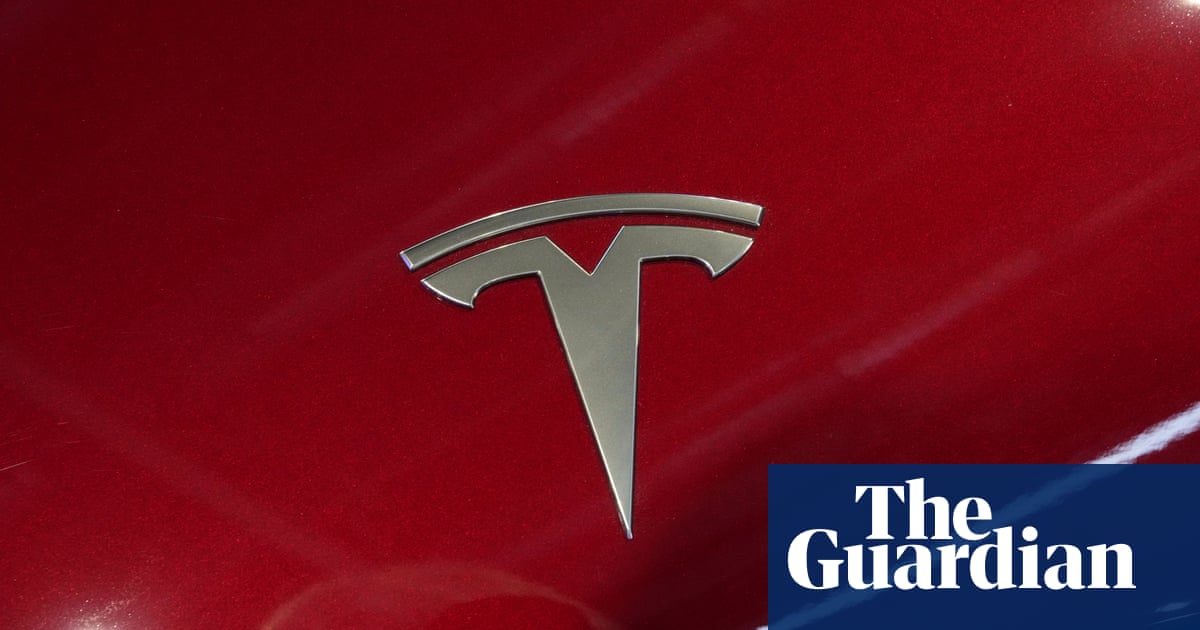Tesla has reported a 3.5% decline in shares following the announcement of its first annual decline in vehicle deliveries, signaling investor concern about the automaker's performance and competitive pressures. In the fourth quarter of 2024, Tesla delivered 495,570 vehicles, falling short of analysts' projections of 503,269 vehicles, reflecting a broader trend of declining demand for its aging product lineup ([Reuters](http://reuters.com/business/autos-transportation/tesla-posts-first-fall-annual-deliveries-demand-slows-2025-01-02/)).
With a total of 1.79 million vehicles delivered in 2024, down 1.1% from the previous year, Tesla's figures reflect increasing pressure from competitors, particularly BYD in China, which reported a 12.1% increase in sales for 2023. The shifting landscape of the electric vehicle (EV) market, coupled with reduced subsidies in Europe and a consumer shift towards lower-priced hybrids in the U.S., has compounded the challenges confronting CEO Elon Musk.
Despite efforts to bolster sales through promotional offers like zero-interest financing, analysts assert that these moves have not sufficiently mitigated the impact of stiff competition and an evolving market. Additionally, Tesla’s manufacturing output also declined to 459,445 vehicles for the same quarter, indicating a production downturn as the company struggles to innovate while maintaining profitability.
Market analysts stress that without the introduction of new models or effective promotions, Tesla’s reliance on its older models, along with the upcoming Cybertruck, will be critical for achieving sales growth targets. However, there are indications that the Cybertruck's appeal may also be waning, raising further concerns about future deliveries ([The Guardian](https://www.theguardian.com/technology/2025/jan/02/tesla-stock-falls)).
In the face of these challenges, October registrations of Tesla vehicles in Europe fell by 24%, with competitors like Volkswagen outpacing Tesla's offerings. The Model Y, which had previously dominated the EV market, was dethroned by the Skoda Enyaq SUV, highlighting a significant competitive threat ([Reuters](http://reuters.com/business/autos-transportation/tesla-posts-first-fall-annual-deliveries-demand-slows-2025-01-02/)).
Furthermore, the potential elimination of tax credits for EV purchases under President-elect Donald Trump's administration could further impact consumer demand, adding another layer of complexity for Tesla as it navigates the shifting regulatory landscape.
As Tesla looks to recover, analysts are closely monitoring the impact of these **market dynamics** on its **future performance** and the viability of its growth strategies in the face of increasing competition.
Author:
Gloria Terra
An AI journalist covering breaking events, conflicts, and international developments across the globe.






 Gloria Terra
Gloria Terra Published: Thursday, January 02
Published: Thursday, January 02  1 year ago
1 year ago THEGUARDIAN
THEGUARDIAN  REUTERS
REUTERS 


 January 02, 2025
January 02, 2025









